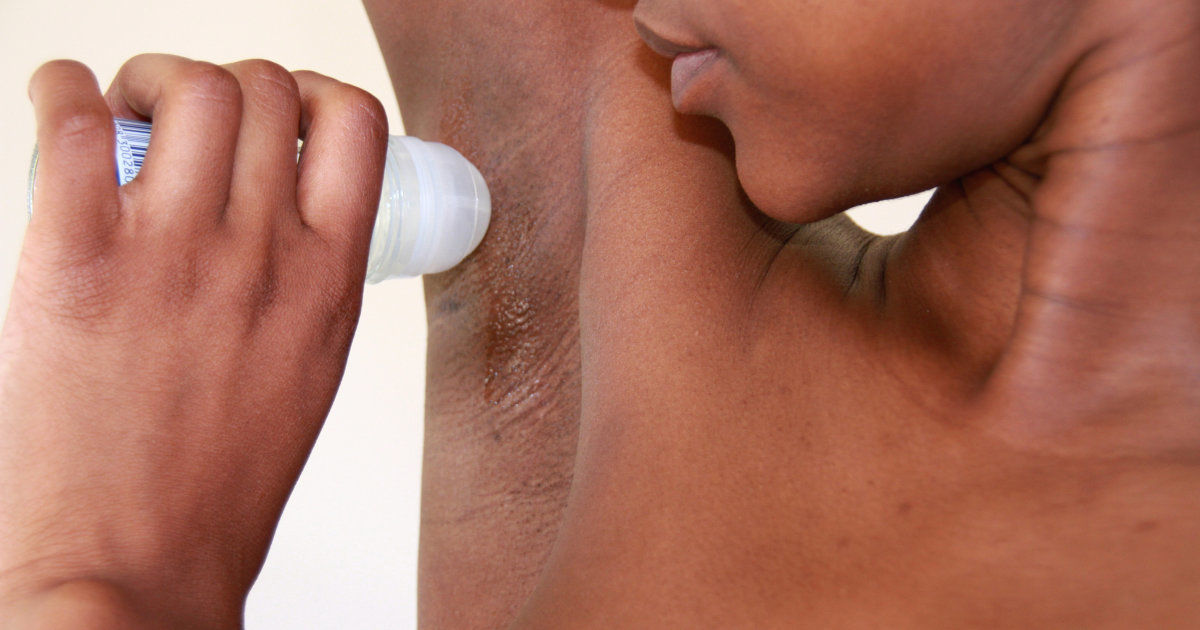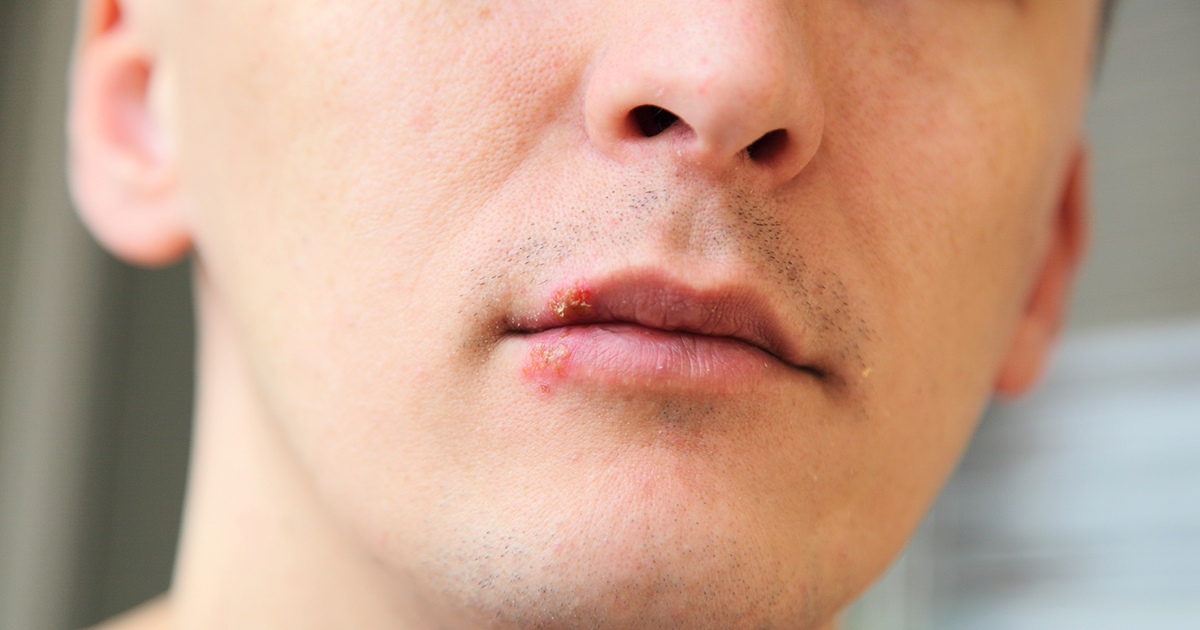Tea Tree Oil Uses In Health
Tea tree oil is extracted from the leaves of the Melaleuca alternifolia species, which is a small tree native to the Australian continent. The use of tea tree oil dates all the way back to the eighteenth century, the same period in which its mother tree was given a name by sailors. Tea tree oil is described as yellow or clear and smells like a combination of earth and medicine. Tea tree oil is widely used, both by itself and in many skincare products. The reason for this is because the oil has many reported health benefits. Read below for details on some tea tree oil uses in health.
Natural Deodorant

Tea tree oil can be used as a natural deodorant. No matter how natural commercial deodorants are marketed as they typically still contain some measure of potentially harmful chemicals or allergens.
It is suggested the use of chemicals in deodorant may increase the risk of breast cancer. In one review, it was reported women who used deodorant containing aluminum developed breast cancer at younger ages than those who did not. However, the link between breast cancer and aluminum is unconfirmed with the lack of supportive evidence. The use of deodorants containing aluminum has also been linked to increased risk for Alzheimer's disease, a disease that causes loss of memory and other mental functions.
Tea tree oil is regarded as a deodorizing agent due to its astringent properties. Astringents limit the production of sweat from the sudoriparous glands with constriction of the glands' walls. Tea tree oil also aids in killing off the bacteria responsible for armpit odor. Tea tree oil can be applied alone or in combination with other ingredients.
Antiseptic Properties

There are many studies supporting tea tree oil's antiseptic properties, thus indicating it could be a useful agent for fighting against infections. The oil is a major source of phytochemicals called terpenoids, which consist of terpinen-4-ol, terpinolene, 1,8-cineole, alpha-terpineol, alpha-terpinene, rho-cymene, linalool, and gamma-terpinene, among others.
Several components of tea tree oil, including terpinen-4-ol, were shown to be active against microorganisms such as Candida albicans, Escherichia coli, and Staphylococcus aureus in one review. In another review, tea tree oil was shown to stop the growth of germ tubes induced by Candida albicans. Research from 2001 revealed tea tree oil had greater effects against both herpes simplex virus types 1 and 2 compared to eucalyptus oil. The oil eliminated 98.2 percent of virus titers for HSV-1 and ninety-three percent for HSV-2. In addition, both oils were demonstrated to be active before viral infection. Despite the studies, however, research into tea tree oil's antiseptic properties is ongoing. Other than that, tea tree oil is used as a regular ingredient in hand soap.
